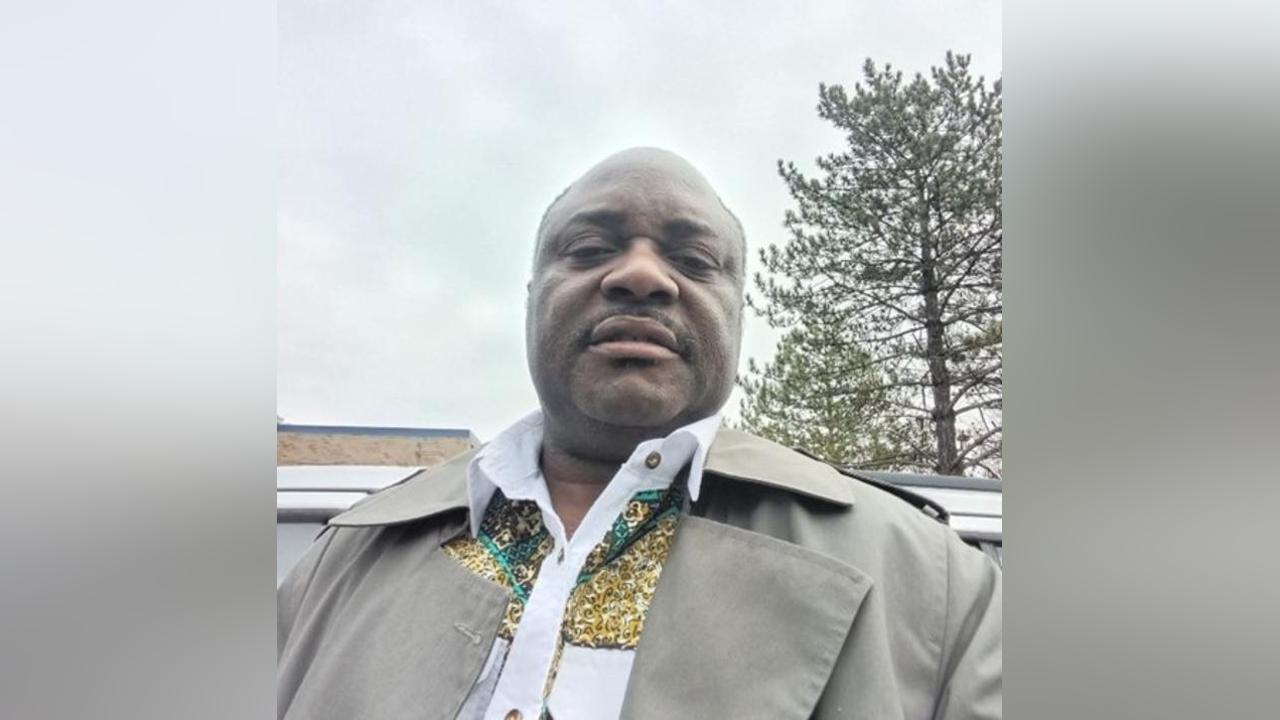Africa-Press – Liberia. In a recent interview with journalists, Weawea raised pointed questions about the role of the Economic Community of West African States Monitoring Group (ECOMOG) in the events leading to Doe’s capture and subsequent execution.
Solomon Weawea, the Executive Director of the Liberia National Heritage and Culture Development Association (LNHCDA), has called for a comprehensive investigation into the circumstances surrounding the death of former Liberian President Samuel Kanyon Doe.
In a recent interview with journalists, Weawea raised pointed questions about the role of the Economic Community of West African States Monitoring Group (ECOMOG) in the events leading to Doe’s capture and subsequent execution.
“We must fully examine the role of ECOMOG, as well as the involvement of the late Prince Yormie Johnson, in President Doe’s death,” Weawea remarked. “ECOMOG invited President Doe to a meeting at their headquarters, but during that meeting, armed forces from opposing factions seized him while peacekeepers stood by. The president did not die in combat. Who holds legal responsibility for this?”
Who Was Samuel Kanyon Doe?
Samuel Kanyon Doe served as Liberia’s 21st president and was the first indigenous Liberian to hold office. His rise to power came in 1980, following a bloody coup that overthrew President William R. Tolbert, thus ending more than a century of Americo-Liberian rule.
Doe’s regime initially gained support from the United States, but over time, it became mired in allegations of human rights abuses, corruption, and the suppression of political dissent. In 1989, Charles Taylor’s National Patriotic Front of Liberia (NPFL) launched an armed rebellion against Doe’s government, plunging Liberia into a brutal civil war. The conflict soon attracted the intervention of the West African peacekeeping force, ECOMOG, in 1990.
The Killing of Samuel Doe
Amid the intensifying civil war, ECOMOG deployed to Liberia, ostensibly to restore order and mediate between the warring factions. In September 1990, ECOMOG invited President Doe to its base at the Freeport of Monrovia for a meeting. However, upon his arrival, Doe was ambushed by forces loyal to Prince Johnson, leader of the breakaway Independent National Patriotic Front of Liberia (INPFL).
The shocking execution of President Doe was captured on video, showing Johnson’s forces torturing the president, severing his ears, and ultimately killing him in captivity.
This incident sparked widespread debate among Liberians and international observers, with many questioning whether ECOMOG had failed in its peacekeeping duties or if it had played a more active role in allowing Doe’s capture to unfold.
ECOMOG’s Controversial Role
ECOMOG’s intervention in Liberia was intended to act as a neutral peacekeeping force, but the mission was often accused of bias, with critics alleging that it took sides in the conflict. Some believe that the leadership of ECOMOG, particularly Ghanaian General Arnold Quainoo, either underestimated the risks of inviting Doe to the Freeport or, more troublingly, may have knowingly allowed his capture and execution.
In his remarks, Weawea suggested that ECOMOG’s involvement played a significant role in shaping Liberia’s ongoing instability. “In my assessment, ECOMOG’s role in the conflict that continues to affect us today cannot be overlooked,” he stated. “We must look at the facts objectively and continue this discussion. God bless Liberia.”
Calls for a National Dialogue
Weawea’s call for a deeper examination of Doe’s death highlights broader, unresolved issues about Liberia’s past. While the country’s Truth and Reconciliation Commission (TRC) documented war crimes during the civil war, key figures such as Prince Johnson continued to hold political power until his death.
As Liberia moves forward, the need for open discussions about justice, accountability, and historical truth remains critical. It remains unclear whether ECOMOG’s role in Doe’s death will ever be fully revisited, but Weawea’s statement underscores the necessity of addressing Liberia’s painful history.
For More News And Analysis About Liberia Follow Africa-Press






